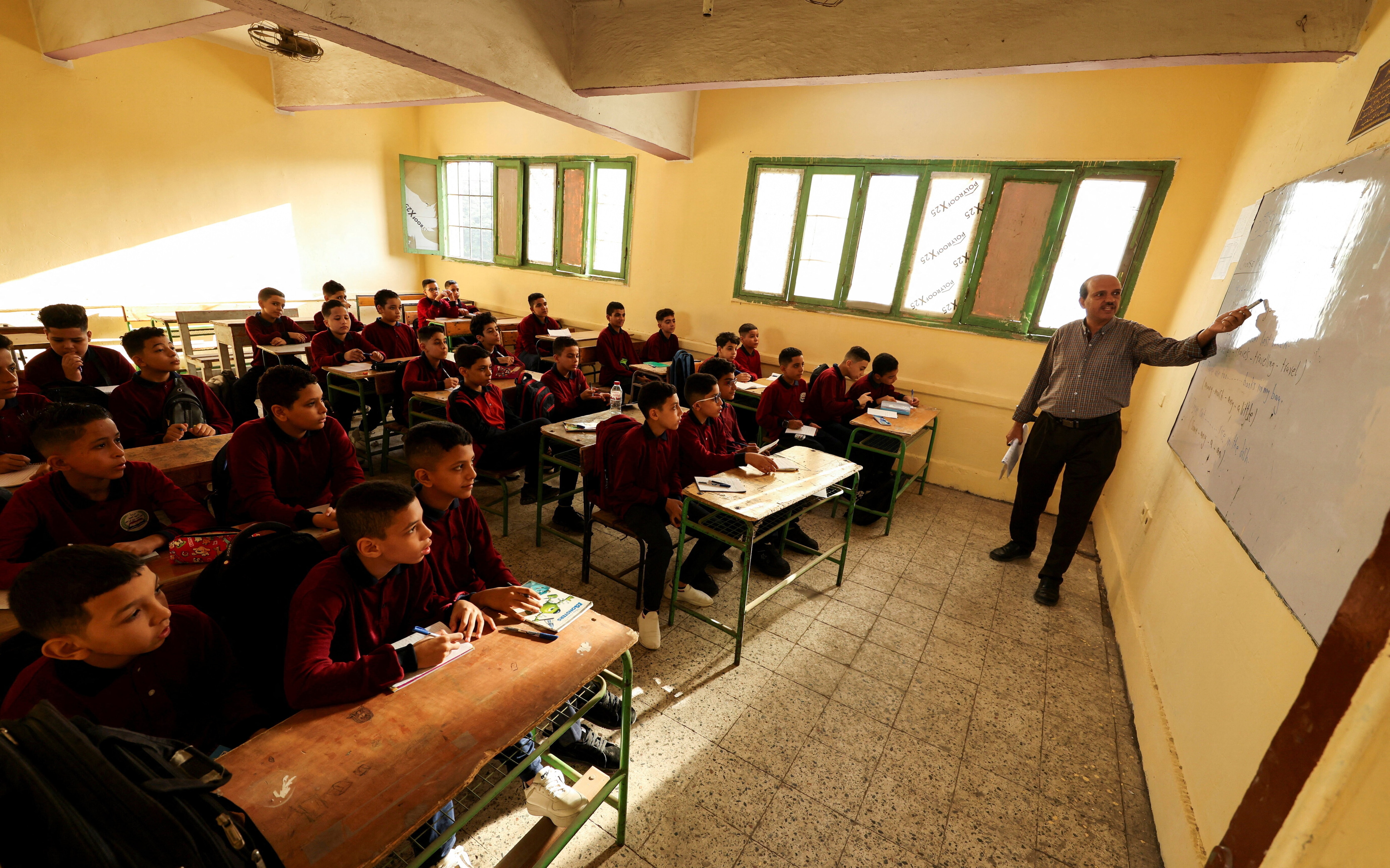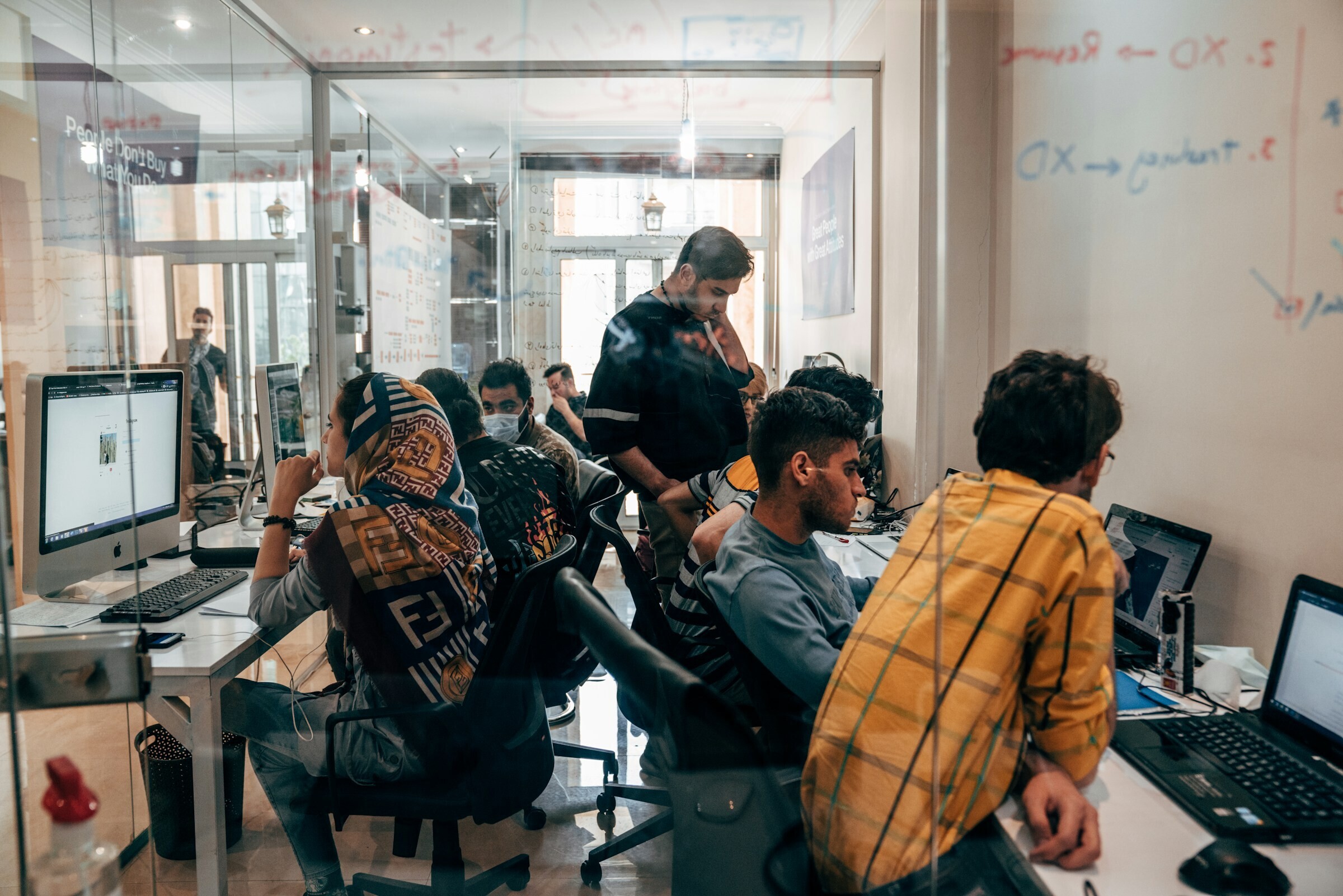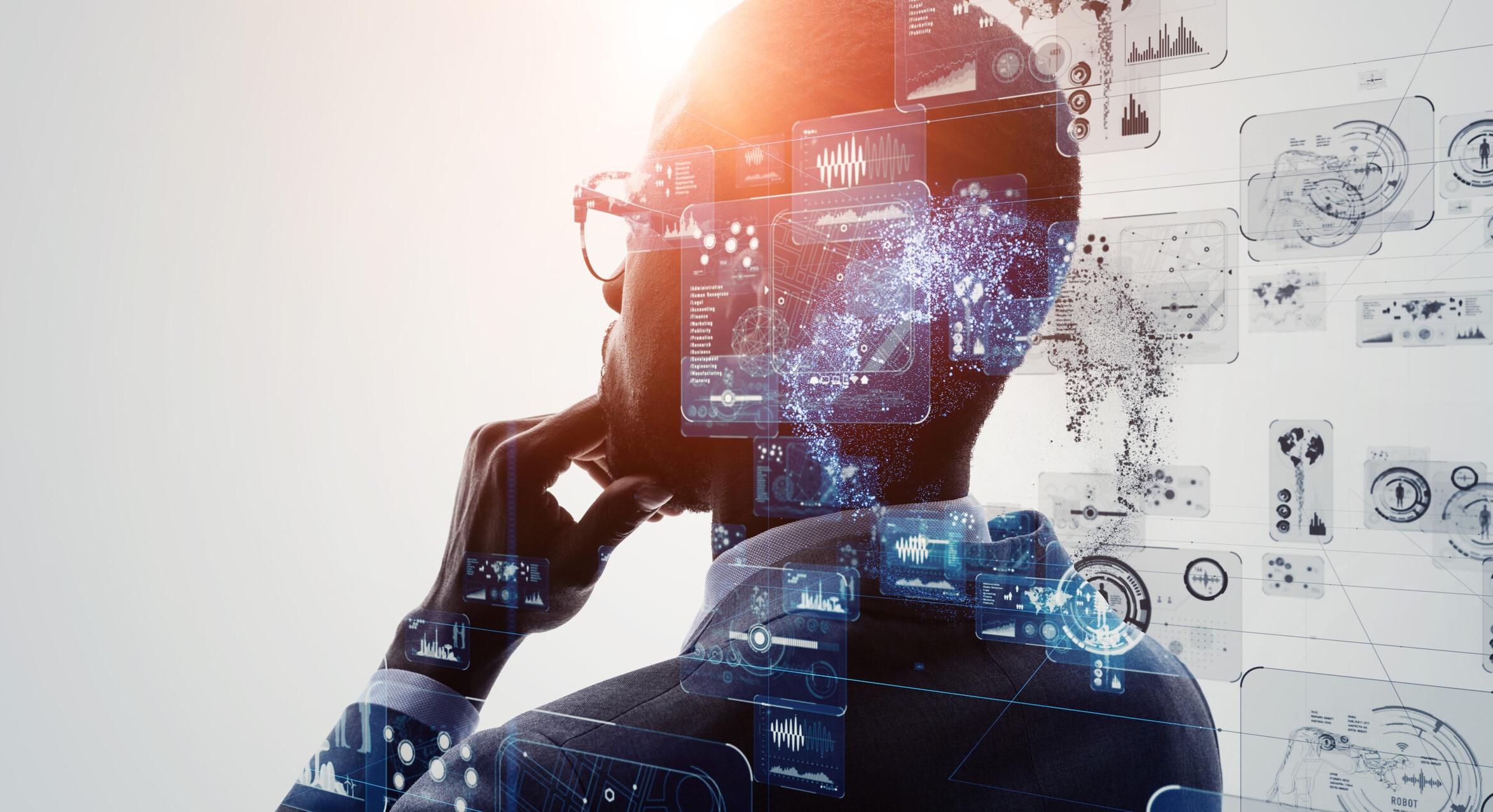4 ways to enhance human-AI collaboration in the workplace

Human-AI collaboration: How do you decide which task brings out the best in both your people and in AI? Image: Getty Images/Jay Yuno
- Collaboration between humans and artificial intelligence (AI) could unlock up to $15.7 trillion in economic value by 2030, but this will depend on measuring the strengths and skills of both.
- Preparing for this Intelligent Age means focusing on measuring real-world skills – both human and AI – across application, proficiency and lifelong learning.
- Four imperatives will guide this transformation: defining human and AI roles, identifying skill gaps and blind spots, preparing for the future of work, and ensuring AI deployment is both ethical and effective.
What does effective collaboration between humans and AI look like in the Intelligent Age? While many are still focused on what AI and humans can achieve separately, the real breakthrough lies in understanding where AI’s capabilities end, and human strengths take over. These early days of human-AI collaboration demand a thoughtful approach — grounded in skill measurement.
In many ways, the human-AI connection is already transforming the way we work, learn and innovate. AI could contribute up to $15.7 trillion to the global economy by 2030, primarily by amplifying human capabilities. This rapid evolution demands a shift in how we measure and develop skills.
In 2025, we’ll enter a new era of human-centred skill measurement. Moving beyond traditional tools like digital badges that track effort, the next breakthroughs will measure real-world skill application, proficiency and growth. Even soft skills – long considered immeasurable – will become quantifiable, reshaping how human potential is unlocked in classrooms, workplaces and careers.
To enable human-AI collaboration, we need to measure skills. This should be applied to four critical areas:
1. Defining roles to preserve high-value work
How do you decide which tasks bring out the best in both your people and in AI?
Clarity of roles is essential for effective collaboration between humans and AI. Evaluating both human and AI capabilities will enable organizations to determine where AI excels – in areas such as automating repetitive, data-heavy tasks – and where human skills like creativity and judgment are mission critical to maintain.
As the state of AI and human skills evolve, ongoing skill measurement will enable more effective resource allocation, mapped to current capabilities. This will allow humans to use AI to focus on their highest-value work. Striking this balance is essential to fostering innovation and ensuring the unique contributions of humans remain central to an AI-driven world.
2. Identifying blind spots in human-AI collaboration
Are you over-relying on AI?
Collaboration risks becoming inefficient without regular assessments of both human and AI skills. Misaligned tasks, over-reliance on AI or failing to leverage human strengths can lead to missed opportunities and ethical concerns.
In the current skills landscape, blind spots arise when organizations overestimate AI’s capabilities during nuanced tasks, or overlook human strengths such as relying on AI in customer service without considering the need for empathy and adaptability.
Today’s AI excels at processing data and automating tasks but falls short in areas like emotional intelligence, critical thinking, situational awareness and cultural context. Measuring human abilities ensures people stay vital when AI cannot deliver.
Skill assessments also identify opportunities for human upskilling, ensuring people stay competitive as industries evolve. For AI, ongoing evaluation can reveal biases and performance gaps, leading to continuous improvements. By regularly assessing both, organizations can adjust strategies and quickly adapt to an environment where humans and AI thrive together.
3. Preparing for the future of work
How are you preparing for the constant evolution of both human and AI skills?
The nature of work is continuously evolving, and so must the roles within a human-AI partnership. Work is not static and as AI continues to automate routine and repetitive tasks, the demand for uniquely human skills is becoming more pronounced. Skills like adaptability, resilience, communication and AI literacy are no longer optional—they are critical for navigating disruption and uncertainty in a workforce where humans and machines must collaborate.
AI is already automating many of the routine tasks once associated with middle-skill jobs – 82% of which now require digital proficiency – emphasizing the urgency of building foundational digital and AI-related skills. But success in the future workforce goes beyond technical knowledge, it requires the ability to collaborate effectively with AI. Skills like prompt engineering, which involves crafting precise inputs to optimize AI outputs, are becoming indispensable in this new landscape.
The ETS 2025 Human Progress Report (due to be published on 21 January 2025) notes that 76% of employees believe that AI will create entirely new skills that don’t yet exist. Measuring these emerging capabilities will allow organizations to stay ahead of change. For example, assessing adaptability helps leaders gauge how well individuals respond to challenges, while evaluating communication skills fosters collaboration between human and AI teams. These efforts ensure that workers remain empowered and relevant in a rapidly changing world.
4. Ensuring ethical AI deployment
How are you driving responsible AI that safeguards fairness, transparency and trust?
The stakes for deploying AI ethically are significant. Without proper evaluation, AI systems risk reinforcing biases, breaching privacy or undermining trust.
A recent study by the ETS Research Institute on AI-based essay grading analysed over 13,000 essays. Researchers found that a GPT-4o model consistently scored essays lower than human evaluators, with significant discrepancies effecting Asian American students. These findings underscore the potential for AI systems to perpetuate inequities if left unchecked.
Reducing such biases requires transparency and the use of diverse training datasets. Incorporating ethical principles into skill measurement ensures that AI systems not only perform effectively, but also promote fairness and trust. Responsible AI goes beyond technical metrics – it’s about ensuring technology serves human values and priorities at every level.
Building a future-ready workforce
Skill measurement is more than a technical requirement – it’s a moral imperative. It empowers organizations to define roles clearly, address skill gaps and prepare their workforces for the future.
Assessing human skills like adaptability, resilience and communications will help ensure that people actively shape the Intelligent Age rather than being shaped by it. Similarly, evaluating AI systems for performance, bias and transparency ensures technology aligns with human goals and drives responsible progress.
The future of human-AI collaboration depends on our ability to measure and refine skills. Organizations that prioritize these efforts will foster innovation, empower their workforces and thrive in a world of constant change. Aligning AI’s efficiency with human creativity represents an unparalleled opportunity, but achieving it will require thoughtful planning and purposeful measurement.
Don't miss any update on this topic
Create a free account and access your personalized content collection with our latest publications and analyses.
License and Republishing
World Economic Forum articles may be republished in accordance with the Creative Commons Attribution-NonCommercial-NoDerivatives 4.0 International Public License, and in accordance with our Terms of Use.
The views expressed in this article are those of the author alone and not the World Economic Forum.
Stay up to date:
Artificial Intelligence
Forum Stories newsletter
Bringing you weekly curated insights and analysis on the global issues that matter.
More on Education and SkillsSee all
Fabian Stephany
February 10, 2026






